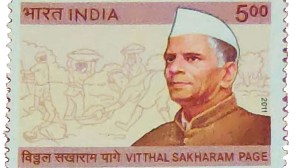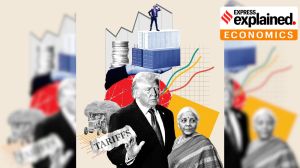Oil slick
The rising rate of inflation and a continuing rise in oil prices the world over may be a coincidence. If we are to believe the OPEC chief, t...

The rising rate of inflation and a continuing rise in oil prices the world over may be a coincidence. If we are to believe the OPEC chief, there is no direct relationship between the two phenomena 8212; at least not at the global level. But what we need to note is that both require serious attention. Prime Minister Manmohan Singh has emphasised the need to increase our renewable energy resources. Experts across the world have been cautioning for many years about the high probability of rising prices of crude oil and also of substantive 8220;volatility8221; in oil prices in the coming decades. The threat of terrorism and some of the negative consequences of the global war on terrorism have actually added to the problem.
And there are few signs that any noticeable reversal of oil prices is likely to take place any time soon. Geopolitics have once again started to impinge heavily on crude oil supplies and prices and at a time when oil prices have started to climb even for other reasons. As an oil-importing, energy-deficient country, we need to bear in mind that every oil shock during the past five decades has had a significant, if not a drastically debilitating, impact on our economy and economic well-being. And it is obvious that our vulnerabilities would increase with increasing dependence on imported oil unless we can put in place sustained and long-term policies for enhancing energy security.
Simple logic would suggest that what we need is diversification of our sources as well as the type of energy that we use. This itself requires a coherent and comprehensive approach to energy policy as managed by the US under its single Department of Energy. What we have achieved, on the other hand, is proliferation of ministries dealing with different types of energy often getting involved in narrower turf battles and bureaucratic rivalries. It may not be possible to follow the American model now; but there is no reason why greater continuing co-ordination of energy policies cannot be achieved, possibly through an executive policy-making body drawing strength from the authority of the cabinet. At the same time, greater transparency in energy policies is required. Whatever became, for example, of the much-hyped 8220;strategic reserve8221; stocking of oil? There must also be clear explanation why access to natural gas from Iran and other countries to our west remains on a limbo. Are we on track on our announced policy goal of generating 20,000 MW of nuclear power by 2020? What policies are required and being implemented for conservation of energy, especially since more and more state governments are announcing free electricity?
- 01
- 02
- 03
- 04
- 05































